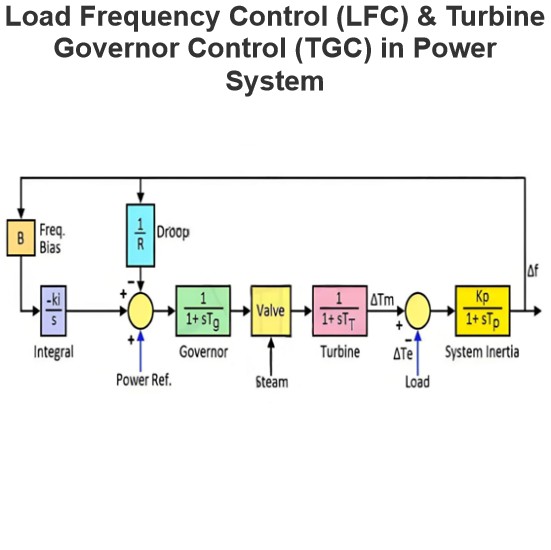What are the pros and cons of using an adjustable resistor compared to fixed resistors?
Advantages
Flexibility: The greatest advantage of adjustable resistors lies in their flexibility. They allow users to adjust the resistance value as needed, which is extremely useful in situations where circuit parameters require dynamic adjustment.
Multi-functionality: Potentiometers excel in a wide range of applications, including volume control, brightness control, and voltage regulation.
Disadvantages
Low Accuracy: Potentiometers typically have lower accuracy, making them unsuitable for applications where precise resistance values are required. Due to manufacturing processes and material limitations, there is often a certain deviation in the resistance value of a potentiometer.
Large Temperature Drift: The resistance value of a trimmer pot changes with temperature variations, which is known as temperature drift. Temperature drift is an important parameter for trimmer pots, and it can cause the current and voltage in a circuit to shift with changes in ambient temperature.
Larger Size: Potentiometers are generally larger in size, taking up significant space on a circuit board. This can be problematic in applications with limited board space.
Poor durability: Potentiometers generally have poor durability and are easily damaged by external environments and operating methods. For example, the knob of a potentiometer is susceptible to dust, moisture, and vibration, which can cause the knob to become stiff or malfunction when rotating.
Higher Cost: Adjustable resistors generally have a higher cost compared to fixed resistors. This is mainly due to the higher manufacturing process and material costs of adjustable resistors, as well as their special structure and functional requirements.
Not suitable for high-frequency applications: Potentiometers usually have limited frequency response and are not suitable for high-frequency applications. This is due to the internal structure and materials of potentiometers, which have a weaker response ability to high-frequency signals.
To sum up, although adjustable resistors offer great flexibility and versatility, they have some notable disadvantages in terms of accuracy, temperature stability, size, durability, cost, and high-frequency applications. Therefore, when choosing between using an adjustable resistor or a fixed resistor, it is necessary to weigh the specific application requirements.
The Electricity Encyclopedia is dedicated to accelerating the dissemination and application of electricity knowledge and adding impetus to the development and innovation of the electricity industry.













